
Patient management 90 days after amyloid PET changed in 60.2% of patients with MCI and 63.5% of patients with dementia of uncertain etiology.

Patient management 90 days after amyloid PET changed in 60.2% of patients with MCI and 63.5% of patients with dementia of uncertain etiology.
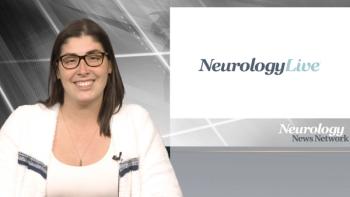
Neurology News Network for the week of March 30, 2019.

Treatment with AVP-786 in TRIAD-1 showed a significant improvement on the primary endpoint on the Cohen-Mansfield Agitation Inventory for 1 of the 2 doses being evaluated.

The panel voted 14 to 0 against granting de novo clearance to the device.
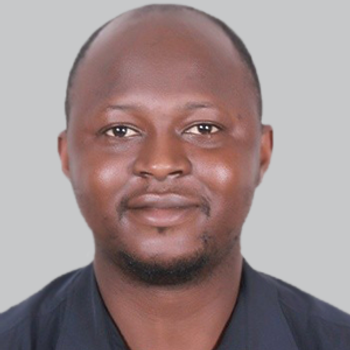
Findings from a recent meta-analysis of the number of atypical antipsychotics available for treatment of behavioral and psychological symptoms of dementia suggest that a clear trade-off exists between effectiveness and safety, with no clear winner emerging.
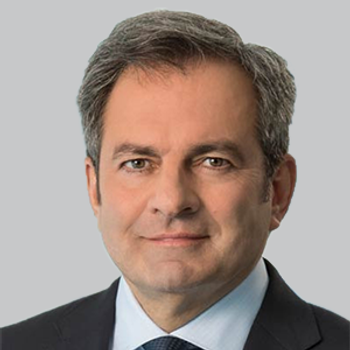
Eisai and Biogen have announced that the phase 3 ENGAGE and EMERGE trials, in addition to the PRIME phase 1b and EVOLVE phase 2 studies, of the monoclonal antibody, will be discontinued.

The research staff member at the IBM Research-Australia lab discussed how he and colleagues utilized machine learning to identify a set of proteins in blood that can predict the concentration of amyloid-beta in spinal fluid.

Ned Sharpless, MD, the director of the National Cancer Institute, has been named to the position of acting FDA Commissioner. The announcement was made just a week after the current commissioner, Scott Gottlieb, MD, announced his plans to resign in early April.

An immune profile in blood drawn 2 days after an ischemic stroke has been shown to predict the likelihood of the loss of mental acuity, 1 year later.

The director of the Mayo Clinic Alzheimer Disease Research Center and Mayo Clinic Study of Aging spoke about the current therapeutic landscape of Alzheimer disease, among other topics.
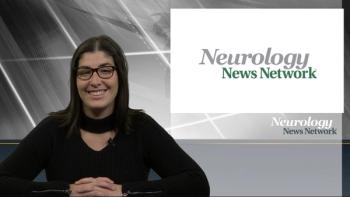
Neurology News Network for the week of March 9, 2019.
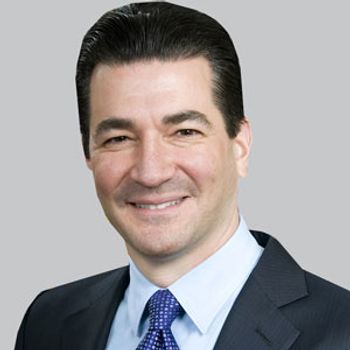
The 23rd FDA commissioner’s resignation is effective in about a month; his successor has not yet been named.

The pediatric critical care medicine attending physician in the Department of Anesthesiology and Critical Care Medicine at the Children’s Hospital of Philadelphia spoke about how physicians can better address brain death in pediatric patients.

According to recently published results from the SPRINT MIND trial, the jury is still out.
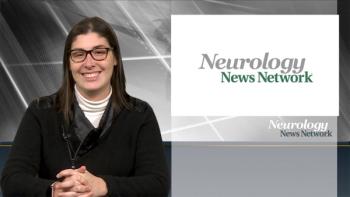
Neurology News Network for the week of February 23, 2019.
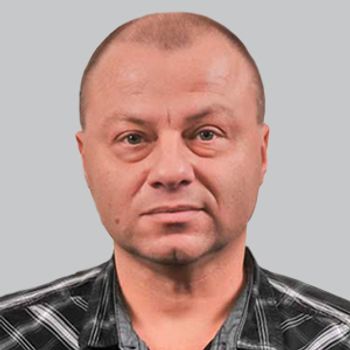
AED use was not significantly associated with dementia risk in patients followed by general practitioners and neuropsychiatrists, however, the potential harmful effects of levetiracetam generic brands on cognition should be further investigated.

A joint statement from the FDA commissioner and the director of the agency’s Center for Biologics Evaluation and Research noted the product is being offered at a variety of establishments as a treatment for conditions for which its benefits are unproven.

A recent study evaluated the effect of aerobic exercise on cognitive function and physical conditioning in young adults. The result? These boots are made for more than walking.

The framework consists of 2 documents that expand on the agency’s plans for its risk-based approach for describing drugs, devices, and biologics, including those designated as regenerative medicine advanced therapies.
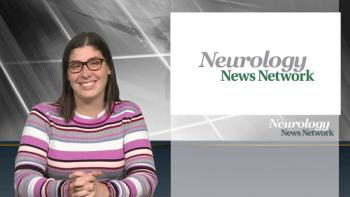
Neurology News Network for the week of February 14, 2019.
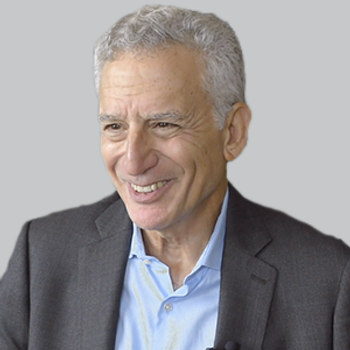
The new funding initiatives and innovative programs to expedite research efforts could hasten the search for biomarkers of Alzheimer disease in the blood and, ultimately, open the door to easier, quicker, and more affordable diagnostic methods.

The results of this observational “real-world” study found that disease duration, but not age, at the time of the surgery was associated with the dementia risk.

A number of warning and online advisory letters were issued to 17 companies selling almost 60 products claiming to prevent, treat, or cure Alzheimer disease, among a number of health conditions.

His daughter says that he often tells stories he has heard about someone else as if they had happened to him.

Findings from a cross-sectional exploration have suggested that biological differences between men and women may explain the higher risk for Alzheimer faced by women.